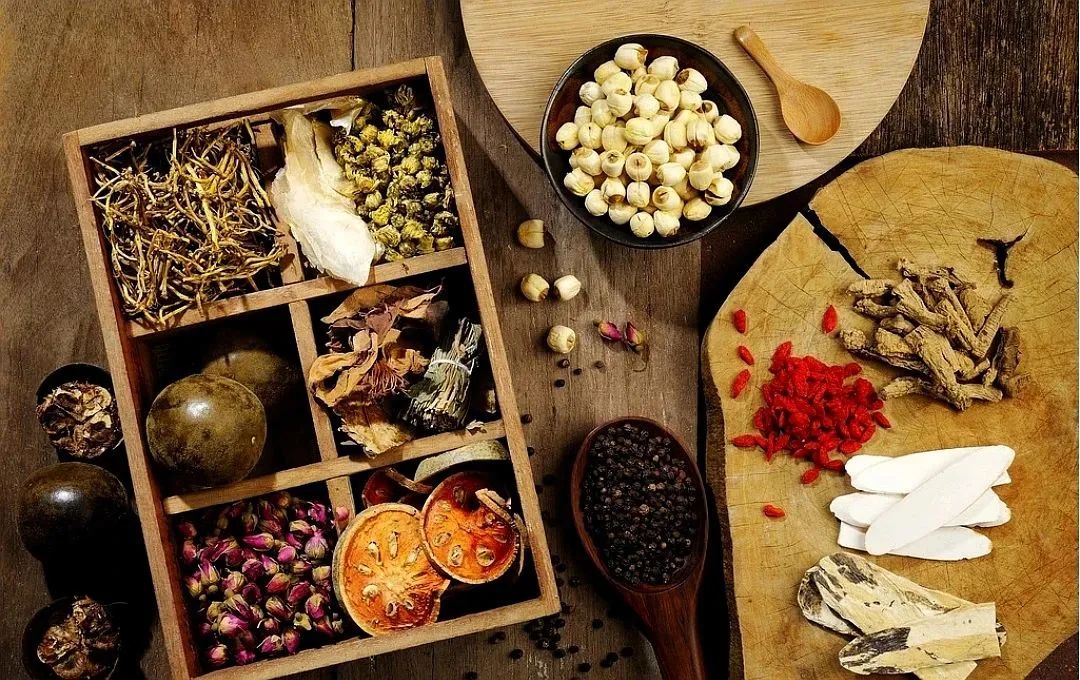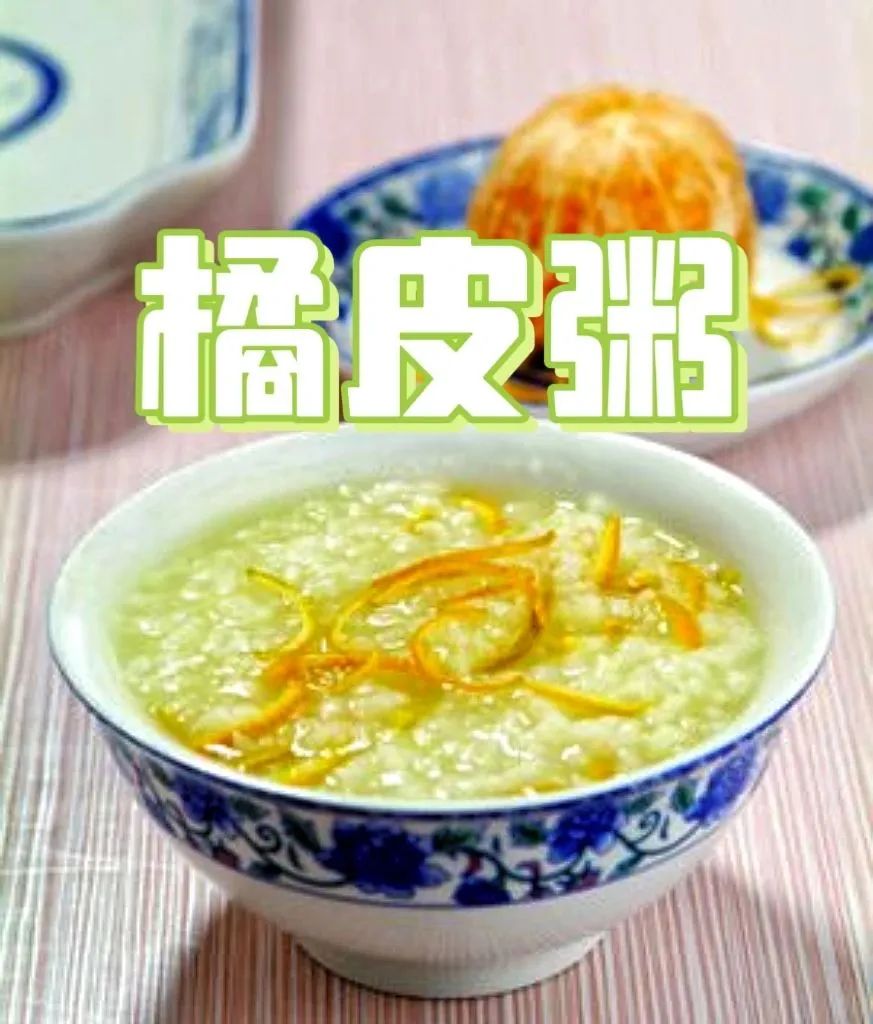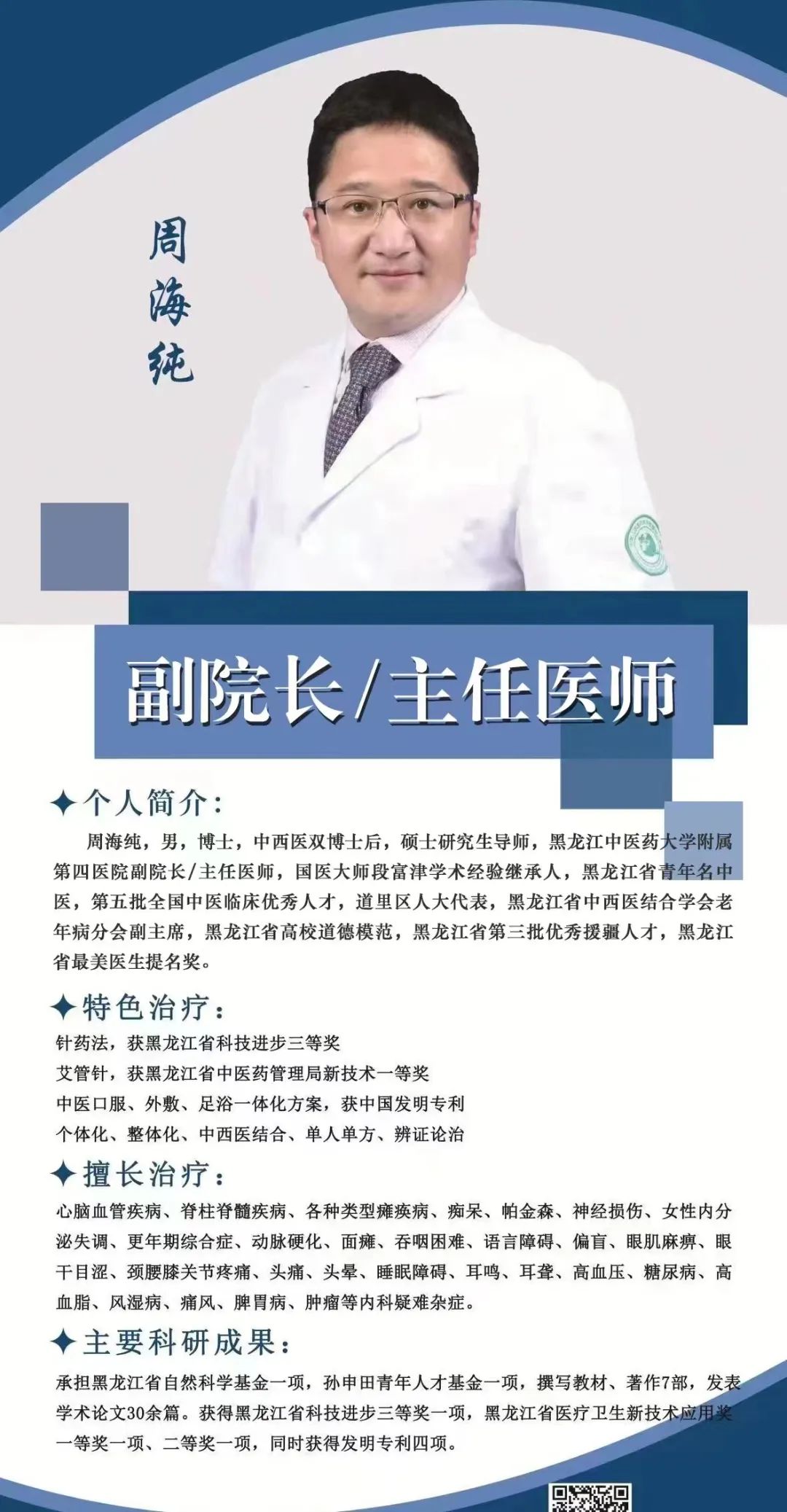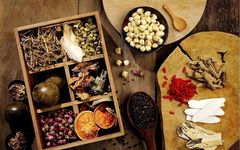What is TCM Dietary Therapy? Dietary Therapy, Nutritional Nourishment, Medicinal Cuisine

This video is reprinted from Zhidao—Shaanxi University of Traditional Chinese Medicine—TCM Dietary Therapy Course1Dietary Therapy
Dietary therapy, also known as food therapy, refers to a traditional TCM method guided by TCM theories and combined with modern nutritional knowledge. It utilizes the properties of food or adjusts the nutritional components in the diet to achieve the purpose of treating diseases and restoring human health.
2Nutritional Nourishment
Nutritional nourishment refers to the adjustment of normal dietary nutrition to achieve health maintenance and wellness. The main significance of nutritional nourishment lies in balanced eating and maintaining health. Its content includes: avoiding dietary bias, maintaining dietary moderation, adjusting the temperature and preparation of food, and ensuring nutritional intake is suitable for the environment.
3Medicinal Cuisine
Medicinal cuisine is aimed at assisting in the treatment of certain diseases. It follows the principles of TCM dialectical treatment by incorporating specific Chinese herbs into dishes or other types of food.

Dietary Therapy Tips
Orange Peel Congee
1. Dosage: 3-5 grams of orange peel, added to boiled thin congee, and cooked together.
2. Preparation: First, decoct the orange peel to extract the medicinal juice, strain it, and then add it to glutinous rice to cook congee. Alternatively, the orange peel can be dried and ground into a fine powder.
3. Functions: Regulates Qi, strengthens the stomach, resolves phlegm, stops cough.
4. Indications: For spleen and stomach Qi stagnation, abdominal distension, indigestion, loss of appetite, nausea and vomiting, cough with phlegm, and chest fullness.
5. Applicable Population: Suitable for those with excessive phlegm and cough; not recommended for patients with Yin deficiency and dry cough, or dry cough without phlegm, and contraindicated for those with hemoptysis.
Like, share, and follow for more medical knowledge from Director Zhou’s lectures.


